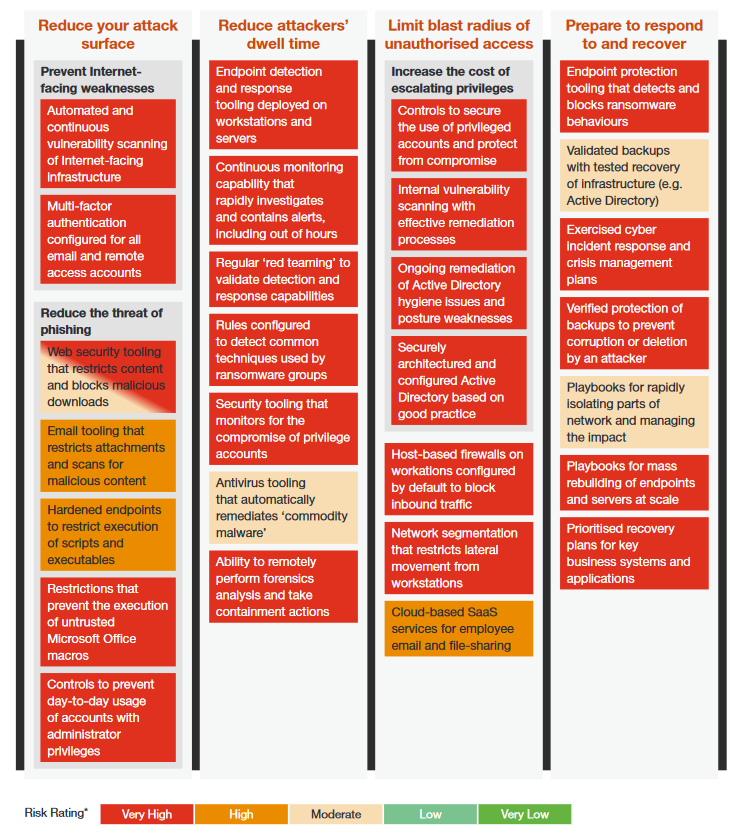A group of lawmakers have re-introduced the EARN IT Act, an incredibly unpopular bill from 2020 that “would pave the way for a massive new surveillance system, run by private companies, that would roll back some of the most important privacy and security features in technology used by people around the globe,” writes Joe Mullin via the Electronic Frontier Foundation. “It’s a framework for private actors to scan every message sent online and report violations to law enforcement. And it might not stop there. The EARN IT Act could ensure that anything hosted online — backups, websites, cloud photos, and more — is scanned.” From the report: The bill empowers every U.S. state or territory to create sweeping new Internet regulations, by stripping away the critical legal protections for websites and apps that currently prevent such a free-for-all — specifically, Section 230. The states will be allowed to pass whatever type of law they want to hold private companies liable, as long as they somehow relate their new rules to online child abuse. The goal is to get states to pass laws that will punish companies when they deploy end-to-end encryption, or offer other encrypted services. This includes messaging services like WhatsApp, Signal, and iMessage, as well as web hosts like Amazon Web Services. […]
Separately, the bill creates a 19-person federal commission, dominated by law enforcement agencies, which will lay out voluntary “best practices” for attacking the problem of online child abuse. Regardless of whether state legislatures take their lead from that commission, or from the bill’s sponsors themselves, we know where the road will end. Online service providers, even the smallest ones, will be compelled to scan user content, with government-approved software like PhotoDNA. If EARN IT supporters succeed in getting large platforms like Cloudflare and Amazon Web Services to scan, they might not even need to compel smaller websites — the government will already have access to the user data, through the platform. […] Senators supporting the EARN IT Act say they need new tools to prosecute cases over child sexual abuse material, or CSAM. But the methods proposed by EARN IT take aim at the security and privacy of everything hosted on the Internet.
The Senators supporting the bill have said that their mass surveillance plans are somehow magically compatible with end-to-end encryption. That’s completely false, no matter whether it’s called “client side scanning” or another misleading new phrase. The EARN IT Act doesn’t target Big Tech. It targets every individual internet user, treating us all as potential criminals who deserve to have every single message, photograph, and document scanned and checked against a government database. Since direct government surveillance would be blatantly unconstitutional and provoke public outrage, EARN IT uses tech companies — from the largest ones to the very smallest ones — as its tools. The strategy is to get private companies to do the dirty work of mass surveillance.
Source: It’s Back: Senators Want ‘EARN IT’ Bill To Scan All Online Messages – Slashdot

